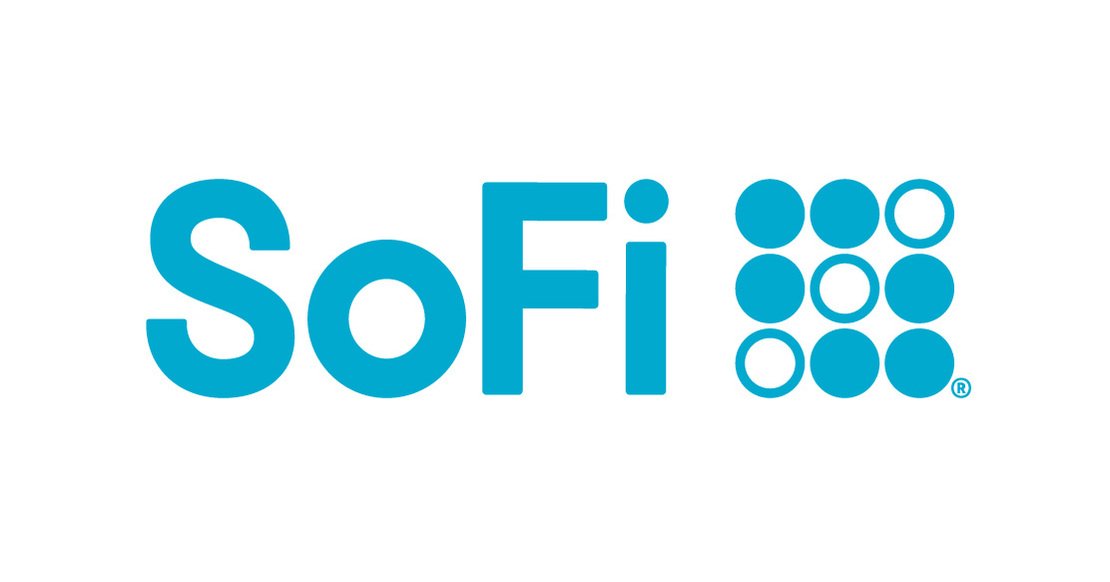
File taxes with less effort and more confidence
Taxes: Filing Made Easy - A Simple Guide to Your First Tax Return
Filing taxes for the first time can feel like a big deal. W-2s, deductions, tax credits—it all sounds a little... complicated. But here's the good news: filing your taxes can actually be straightforward, especially when you know what to expect. Let’s break it down step by step so you can file confidently and move on with your life.
First Things First: Do You Even Need to File Taxes?
Not everyone has to file a tax return, so it's worth figuring this out before diving in. Generally, you need to file if:
You earned income above a certain threshold (for 2023, this is $13,850 for single filers under age 65).
You received income from self-employment, freelancing, or gig work.
Taxes were withheld from your paycheck, and you want a refund.
Even if you’re not required to file, it might be worth doing so—like when you're eligible for a refund or tax credits like the Earned Income Tax Credit (EITC).
Brands to Know:
Fintechs
eFile.com is a pioneer in the online tax filing business and a JumpSteps Ad partner
Fintechs
The SoFi brand is an abbreviation of the company Social Finance, Inc. and is one of the pioneering Financial Technology (Fintech) Firms
Banks
Two well-known and trusted banks, BB&T and SunTrust, merged to create one of the largest regional banks in the nation, Truist Bank
What Documents Do You Need?
Before you start, gather all your important tax-related documents. The usual suspects include:
W-2: If you worked a regular job, your employer will send this by January 31. It shows how much you earned and how much tax was withheld.
1099 Forms: For freelance gigs, side hustles, or bank interest, you might get a 1099.
Form 1098-T: If you’re in school, this shows tuition costs that might qualify for education credits.
Bank Info: For direct deposit of your refund (so you can skip the check).
Pro tip: Keep these documents in one spot, like a folder or a digital drive, so you don’t lose track.
How to File Taxes (Without Stress)
Choose Your Filing Method
DIY Online: Tax software like TurboTax or Cash App Taxes can walk you through everything step-by-step. Many even offer free filing if your return is simple.
Hire a Pro: If you have more complex finances (like self-employment or investments), consider an accountant. They can handle the details for you.
IRS Free File: If you earned less than $73,000 in 2023, you can use this free software from the IRS.
Fill Out the Forms
For most first-timers, this means Form 1040. The software or your tax preparer will help you fill in income, tax deductions, and credits.Double-Check Everything
Mistakes can delay your refund—or worse, trigger an audit. Double-check your numbers and make sure names, Social Security numbers, and bank info are accurate.Submit It!
E-filing is faster, safer, and gets you your refund quicker. Plus, the IRS lets you track your return online once it's filed.
What About Deductions and Credits?
This is where taxes get kind of fun (yes, fun). Deductions and credits can lower how much you owe or boost your refund. Here are some common ones:
Standard Deduction: Most first-timers take this—it’s $13,850 for single filers in 2023.
Education Credits: If you’re a student, look into the American Opportunity Tax Credit or the Lifetime Learning Credit.
Saver’s Credit: Contributed to a retirement account? You might get a credit for that.
What If You Owe Taxes?
Nobody loves this part, but if you owe money, you have options:
Pay directly online through the IRS website.
Set up a payment plan if you can’t afford to pay it all at once.
The key is not to ignore it—penalties and interest add up fast.
When Will You Get Your Refund?
If you’re expecting a refund, the IRS typically processes e-filed returns with direct deposit within 21 days. Use the “Where’s My Refund?” tool on the IRS website to track it.
Your First Tax Return: A Win for Adulting
Filing taxes might not be the most exciting thing you do this year, but it’s a big step in managing your finances like a pro. Once you’ve filed, you’ll not only have peace of mind—you’ll also be ready to handle bigger financial moves in the future, like buying a car, getting a loan, or saving for a house.
Taxes don’t have to be scary. With a little prep, you’ve got this!
Frequently Asked Questions (FAQs):
-
You can use do-it-yourself software, hire a tax professional, or use the IRS Free File option if eligible.
-
You generally must file if you earned income above the IRS threshold, had taxes withheld, earned self-employment income, or want to claim refundable credits.
-
Key documents include W-2s, 1099s, 1098s (for tuition, etc.), and bank account info for direct deposit.
-
You must pay online or set up a payment plan. Ignoring payment can incur penalties and interest.
-
Deductions lower your taxable income; credits directly reduce taxes owed. Common examples: standard deduction, education credits, retirement contributions.




